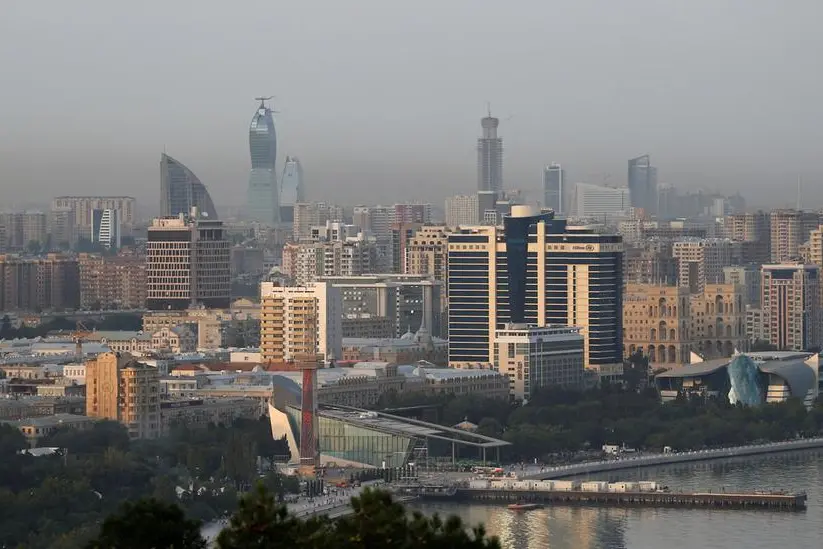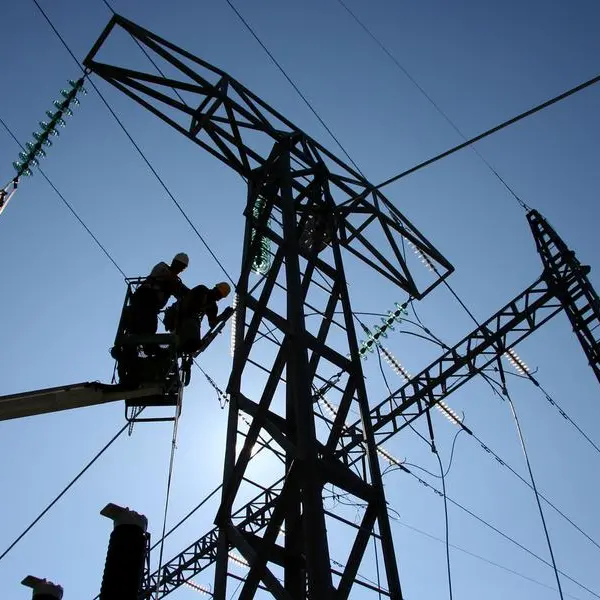PHOTO
With the curtains coming down on COP28 following the historic UAE Consensus on the Global Stocktake on Wednesday, all eyes are now on how next year’s conference in Baku will keep climate finance at its heart.
Climate experts have stated COP29 will focus on adaptation and mitigation funding, as the United Nations Framework Convention on Climate Change (UNFCCC) pushes for its “new collective quantified goal on climate finance” in 2024, which considers the needs and priorities of developing countries.
According to the organisation, the new goal, which will start from a baseline of $100 billion per year, will be a building block for the design and subsequent implementation of national climate plans that need to be delivered by 2025.
“The Global Stocktake text acknowledges the need to support the energy transition in developing countries, but it does not provide the concrete steps to deliver such finance,” Andreas Sieber, Associate Director of Global Policy and Campaigns at 350.org, a global environmental organisation, told Zawya. “Hence, that is the big task at COP29 – what countries need to do next and how to achieve those financial targets, especially to support developing countries.”
Harjeet Singh, Head of Global Political Strategy at Climate Action Network International, a network of over 1,300 environmental non-governmental organisations, also stressed that funding had to be brought into focus during the climate summit in Baku.
Speaking about the Global Stocktake text, he said: “Developing countries, still dependent on fossil fuel for energy, income, and jobs, are left without robust guarantees for adequate financial support in their urgent and equitable transition to renewable energy.”
He added that even though COP28 “recognised the immense financial shortfall in tackling climate impacts,” the final outcomes fell short of compelling wealthy nations to fulfil their financial responsibilities, which he described as “obligations amounting to hundreds of billions, which remain unfulfilled.”
In his speech on Wednesday, following the announcement of the Global Stocktake, UN Climate Chief Simon Stiell also admitted that they had their work cut out for them in the lead up to 2025, when countries are obligated to present their NDCs, or Nationally Determined Contributions, a climate action plan to cut emissions and adapt to climate impacts.
“With crucial years ahead of us, every single commitment on finance, adaptation and mitigation must bring us in line with a 1.5C degree world,” he stated.
Financial wins at COP28
While the announcement of the Loss and Damage Fund and the Global Stocktake remain the legacies of COP28, the UAE climate conference also saw over $85 billion mobilised in funding for climate action in addition to furtherance of the Global Goal on Adaptation (GGA).
The UN’s Green Climate Fund (GCF) received a boost to its second replenishment, with 31 countries pledging a collective $12.8 billion. Eight governments also announced new commitments to the Least Developed Countries Fund and Special Climate Change Fund, totalling more than $174 million to date, according to the UNFCCC, while new pledges, totalling nearly $188 million, were made to the Adaptation Fund at COP28.
However, the UNFCC further stated, these financial pledges were ‘far short of the trillions eventually needed to support developing countries with clean energy transitions, implementing their national climate plans and adaptation efforts’, adding that to deliver such funding, it was important to reform the multilateral financial architecture, and accelerate the ongoing establishment of new and innovative sources of finance.
(Reporting by Bindu Rai, editing by Seban Scaria)





















